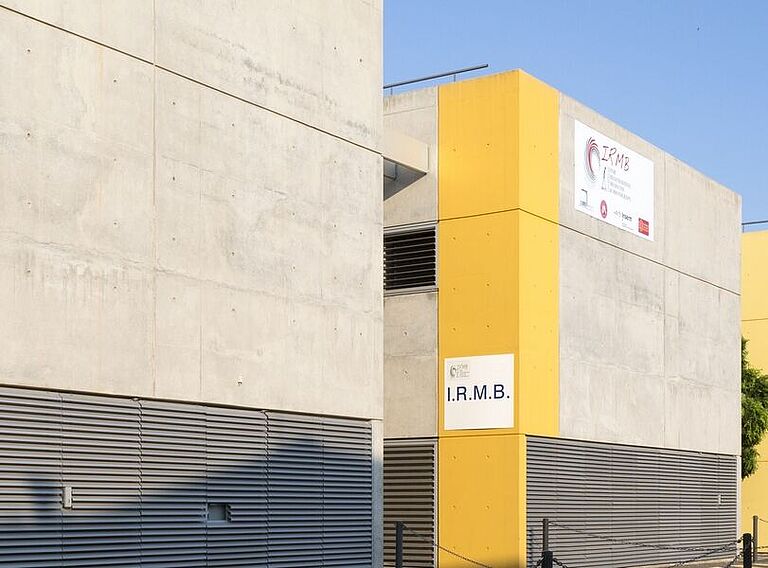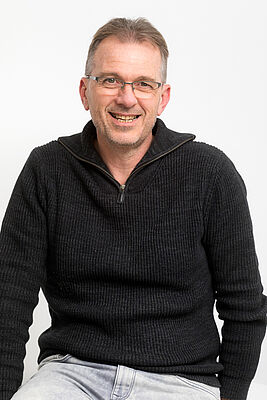Thematic 2 : The role of the adaptive immune system in autoimmunity: the breakdown of self-tolerance
Antigen presenting cells (APCs), especially dendritic cells (DCs), play a major role in the hierarchy of the induction of immune reactions. DCs are widely accepted as the most potent APCs capable of inducing protective adaptive immune responses in addition to tolerance to self-antigens. The role of DCs is currently being investigated in the context of many disease and therapeutic settings. In response to a variety of danger stimuli, resting DCs in peripheral tissues undergo a complex maturation process that might involve the regulation of genes that control distinct DC functions.
The different functional properties of DCs are also linked to the existence of several subpopulations in humans and animals that differ in response to stimuli. On the other hand, immune reactions can be controlled by the so-called regulatory T cells that can interact with APCs such as DCs. Two main types of regulatory T cells have been identified (natural and induced) and both play significant roles in tuning down effector immune responses. Indeed, in parallel to thymus-derived natural Treg cells, induced regulatory T (iTreg) cells can develop in peripheral tissue under a variety of conditions such as antigen presentation under subimmunogenic or non inflammatory conditions.
DCs and Treg cells are currently being considered as attractive targets towards manipulation of the immune system for therapeutic purposes. With this background, the special interest of our group is focused on the immunobiology of tolerogenic DCs and Treg cells and their suppressive functions. We are studying more particularly the beneficial effect of DCs and/or Tregs in experimental models of arthritis.
Our aims are :
- Development of novel and effective immunotherapeutic tools based on DCs and/or regulatory T cells
- Development of strategies to manipulate DCs to induce more potent regulatory T cells
- Elucidating the role of DCs and/or regulatory cells in physiological and pathological conditions
- Identifying biomarkers of immunity in response to DC and/or regulatory cells vaccines
- Define animal models to understand in vivo suppressive mechanisms involved by tolerogenic DCs and/or Treg cells.
Contacts :
Pascale Louis-Plence, PhD, CR1 Inserm, Phone : 04 67 33 57 21
Maïlys Cren, Enginer, Phone : 04 67 33 57 22
Rita Vicente, PhD, Post-doct, Phone : 04 67 33 57 21
Main references :
- Naila Mebarek*, Rita Vicente*, Anne Aubert-Pouëssel, Julie Quentin, Anne-Laure Mausset-Bonnefont, Jean-Marie Devoisselle, Christian Jorgensen, Sylvie Bégu and Pascale Louis-Plence. Versatile polyion complex micelles for peptide and siRNA vectorization to engineer tolerogenic dendritic cells. Eur J Pharm Biopharm. 2015 May;92:216-27.
- H. Asnagli*, D. Martire*, N. Belmonte, J. Quentin, H. Bastian, M. Boucard-Jourdin, P. Babacar Fall, A-L. Mausset-Bonnefont, A. Mantello-Moreau, S. Rouquier, I. Marchetti, C. Jorgensen, A. Foussat* and P. Louis-Plence*. Type 1 regulatory T cells specific for collagen-type II as an efficient cell-based therapy in arthritis. Arthritis Research & Therapy.2014, 16:R115 DOI: 10.1186/ar4567 (IF=4.30)
- A. Thiolat*, L. Semerano*, Y.M. Pers*, J. Biton, D. Lemeiter, P. Portales, J. Quentinc, C. Jorgensen, P. Decker, M-C. Boissier, P. Louis Plence, N. Bessis: IL-6 Receptor Blockade Enhances CD39+ Regulatory T-Cell Development in Rheumatoid Arthritis and in Experimental Arthritis. Arthritis & Rheum16(3): (IF 8.43)
- A. Thiolat, L. Biton J, Decker P, Semerano L, Boissier MC, Pers YM, Jorgensen C, Plence PL, Bessis N.. Reply To PMID 24504799, Arthritis Rheumatol. 2014. ar14-0628R1 (IF 8.43)
- Spoerl D, Duroux-Richard I, Louis-Plence P, Jorgensen C . The role of miR-155 in regulatory T cells and rheumatoid arthritis. Clin Immunol. 2013 Jul;148(1):56-65.


